RDCK petitions for public meeting after KHS proposes operation adjacent Kokanee Provincial Park
A proposed heli-ski operation bordering Kokanee Provincial Park has the regional district board of directors petitioning the province for a public meeting.
The Regional District of Central Kootenay board recently voted in support of asking Front Counter BC for a public meeting regarding the application by Nelson-based Kootenay Heli Ski Inc. (KHS) for a heli ski operation adjacent to Kokanee Provincial Park.
Since the proposed region the application suggests — east of Slocan Lake and between Highway 31 and Highway 6 — touches four regional district areas, the Official Community Plans for the areas ask for a public meeting to be held prior to a change in provincial land use “where the public interest is affected.”
RDCK director Ramona Faust of Area E — one of the affected areas — said the regional district appreciated new business in operations like Kootenay Heli Ski Inc., but the adjacency to the park seemed to present a number of issues to the public.
“Daily flights over built up areas such as the North Shore, the quiet appreciation of the park, the vast number of drop spots, is excessive impact next to a park,” she said.
“The potential effect on wildlife populations and lack of solid mitigation plans, existing number of heli and cat ski businesses and unknown provincial monitoring of operations and impact, emissions, fuel storage and locations near the headwaters of creeks have been questions on people’s minds.”
But in its Mechanized Ski Guiding Management Plan, KHS noted their operation would have minimal impact on wildlife values and habitat, with a helicopter-based operation and most activities occurring during the winter months at higher elevations in the alpine and subalpine.
In their plan, KHS said they were aware of the potential to affect mountain goat habitat use and distributions during the winter and, with the advice of an ecological firm — Seepanee Ecological Consulting — amended their operation to minimize impacts on mountain goats near the company’s operating area.
“We will only operate our tourist-based activities in the winter when the majority of industry, recreation and wildlife are dormant,” the plan stated.
KHS also selected landing and pickup sites to service several runs in the same drainage, located in existing forestry openings or natural openings, minimizing the need to cut timber.
As well, none of the proposed landing sites will include structures. No landing platforms will be built or transported to the sites and no trees will be cut on the ski runs.
“Instead we will utilize natural runs allowing our clients to fully experience beautiful British Columbia as well as natural heli landings,” the plan stated.
All garbage and any other manmade refuse will be packed out and human waste will be packed out or buried deep in snow at least 100 metres from water sources.
KHS will establish regular flight paths in order to lessen negative effects on wildlife.
But, despite the detailed KHS plan, Faust felt a meeting was necessary to allow a broader cross-section of people to speak.
“Kokanee Park and glacier are regionally significant and the application does not answer all of the questions people have,” she said.
The issue of backcountry use is one which has come up frequently in the regional district, said Faust, where the public is asked to comment on paper-based plans but have no real interaction.
KHS was recently established in 2014 and is planning to offer guided helicopter assisted motorized recreation activities on Crown lands approximately 30 kilometres north of Nelson.
All backcountry exploits will operate out of KHS-affiliated Kootenay Valley Helicopters (KVH), located at the Nelson City Airport, and in operation in the backcountry for over 14 years.
In their Mechanized Ski Guiding management plan prepared for the province’s submission to the Ministry of Forests, Lands and Natural Resources Operations (MFLNRO) in support of long-term use of Crown land, KHS requested tenure over an operating area of 144.66 square km (14,666 ha). The plan is for winter (December to April) use only.
The area was selected because of the diversity of its terrain, offering intermediate as well as advanced terrain, which is uncommon in the heli-ski industry.
Although KHS will offer clients fully guided helicopter assisted powder skiing and snowboarding in the winter, there will be no accommodation or overnight activities. Most guests will participate in single day trips but multi-day packages will also be offered.
“While there is proven demand for heli-skiing in the West Kootenay region, single day heli-skiing is currently unavailable,” the plan read.
“Our unique business model of short notice single day heli-skiing will bring this exciting activity to a demographic that had previously not considered heli-skiing.”
With no overnight stays in remote lodges the business will be a benefit for Nelson’s businesses. In addition, KHS intends to establish long-term partnerships to meet the needs of tourists and ensure more tourist dollars are spent in the Kootenay region.
The board will also draft a resolution for the Union of B.C. Municipalities that requests the Ministry of Transportation and Infrastructure consult with neighbourhoods before altering highway setbacks for bus pullouts.


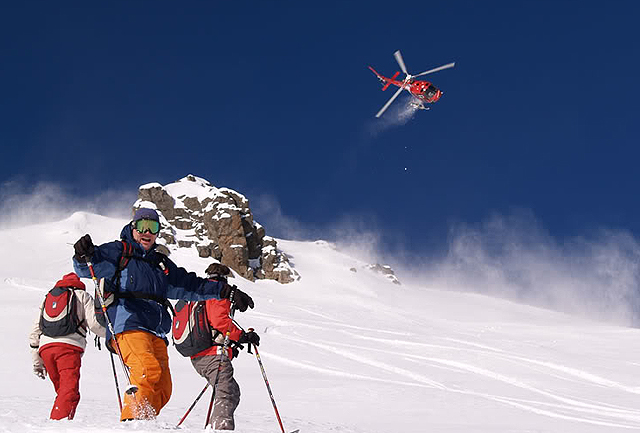

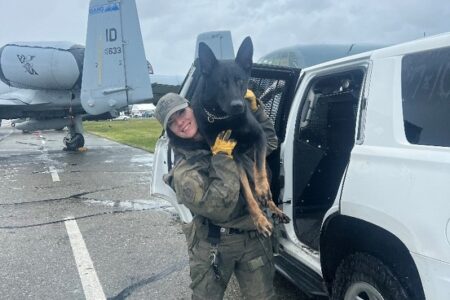
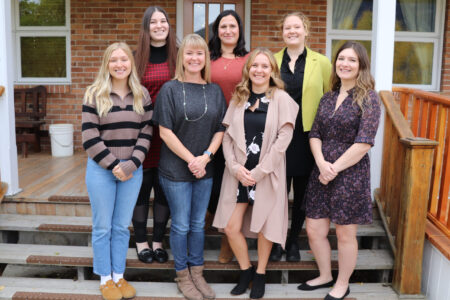

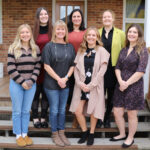













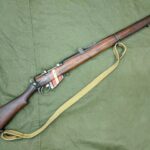



Comments